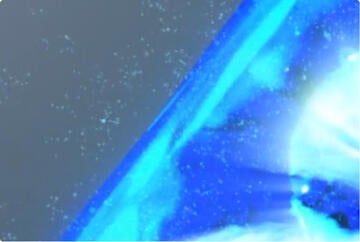Taurine Deficiency Myocardial Failure in Cats: Science or Serendipity?

Paul D. Pion, DVM, DACVIM (Cardiology)
Veterinary Information Network, Davis, CA
Overview
This presentation follows the path of discovery for taurine deficiency-induced myocardial failure in cats, and its reversal after taurine administration.
Key points
- The initial impetus for the discovery was the owner of a cat named El Blanco who asked questions that led to identifying taurine deficiency as the cause of most cases of feline dilated cardiomyopathy (DCM) diagnosed before 1987.
- The impact of taurine treatment and diet reformulation was shown by:
- Veterinary cardiologists who replicated and accepted that most cases of feline dilated cardiomyopathy were caused by taurine deficiency and reversible.
- A dramatic reduction in the incidence of feline DCM in the echocardiogram logs of two San Francisco Bay area radiologists during the two years after feline diets were reformulated to contain more taurine in 1987 compared to the incidence during the two years before reformulation.
- Taurine deficiency has since been implicated in DCM in a colony of foxes.
- Taurine deficiency myocardial failure and reversal has been observed in Cocker Spaniels, Newfoundlands, Golden Retrievers, Dalmatians and, more recently, in relationship to diet and DCM in dogs: Is taurine deficiency a causative, confounding or related factor?
- The key question remains- what does taurine do?
- Major theories of taurine’s mechanism in the heart include: osmoregulation, membrane stabilization, anti-oxidant, calcium modulation and/or inactivation of free radicals.
- It may be that taurine, like water, by its physiochemical properties helps set the internal milieu within cells, facilitating normal metabolic processes.
- Other unanswered questions:
- Why do only about 30% of cats depleted of taurine develop DCM?
- Why are some diets with high concentrations of taurine depleting?
- Why are some dogs susceptible to taurine deficiency?
- What is the physiologic/physiochemical role of taurine in the heart and other excitable cells?
Clinical relevance
The discovery of the relationship of taurine deficiency to DCM in cats led to the reformulation of pet foods and dramatic reduction in the incidence of this disease. However, taurine has a variety of biological effects, and the mechanism for these effects remains unknown.


